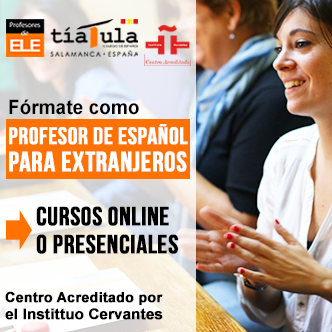El CSIC desarrolla una nueva herramienta informática para investigar la complejidad del genoma
|
La complejidad de un organismo emerge de su genoma, el libro que contiene las instrucciones de su ADN para la vida. El método para leer este libro, la secuenciación, ha evolucionado hacia la lectura de fragmentos cada vez más largos del genoma. En este campo, un grupo de investigación liderado por el Instituto de Biología Integrativa de Sistemas (I2SysBio), centro mixto del Consejo Superior de Investigaciones Científicas (CSIC) y la Universitat de València (UV), ha publicado en Nature Methods una mejora de un programa informático propio capaz de descubrir nuevos tránscritos, moléculas de ARN que usan los genes para sintetizar proteínas y crear tejidos, a partir de su secuenciación con instrumentos de lectura larga, así como asignarles una función en la formación del organismo. |























